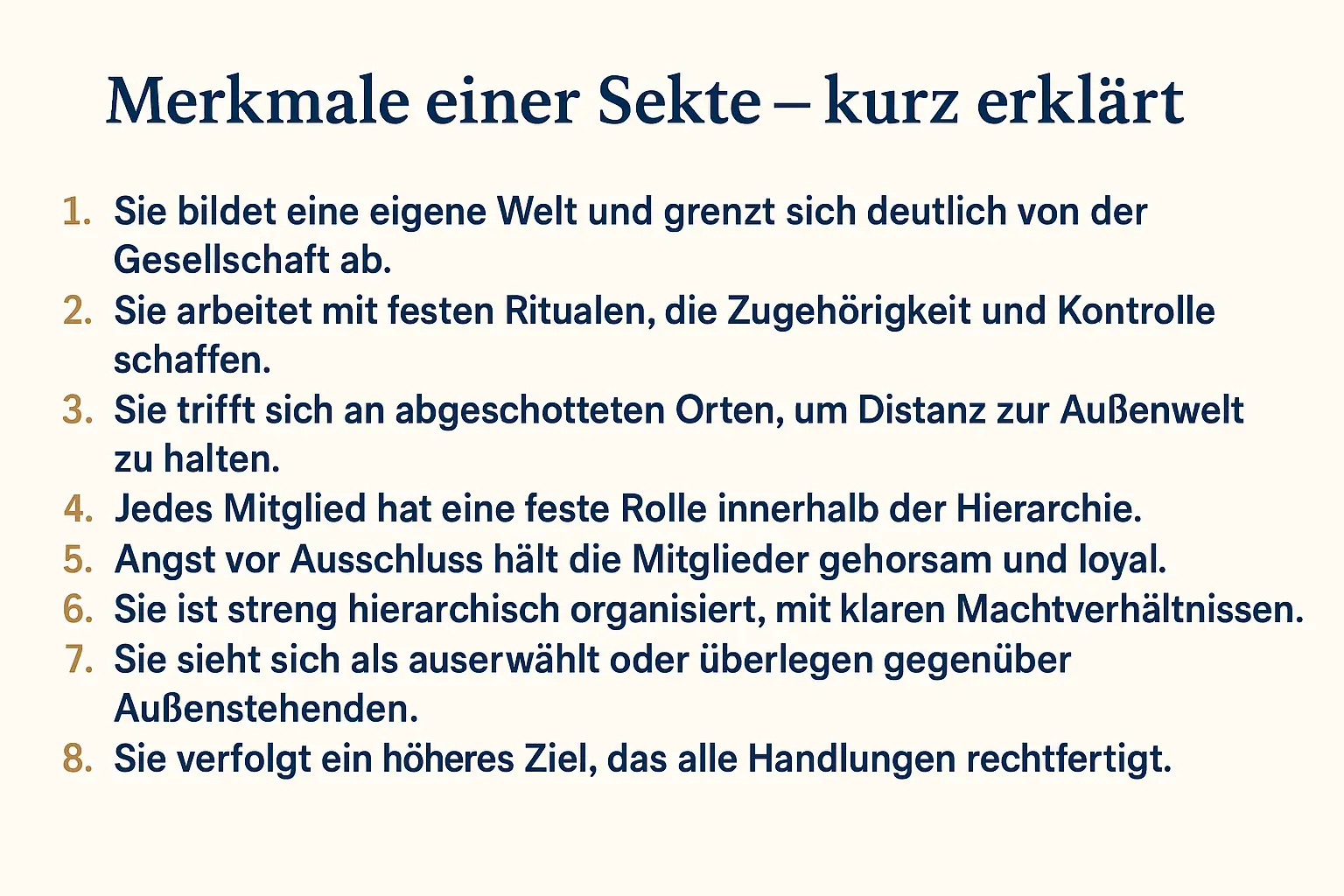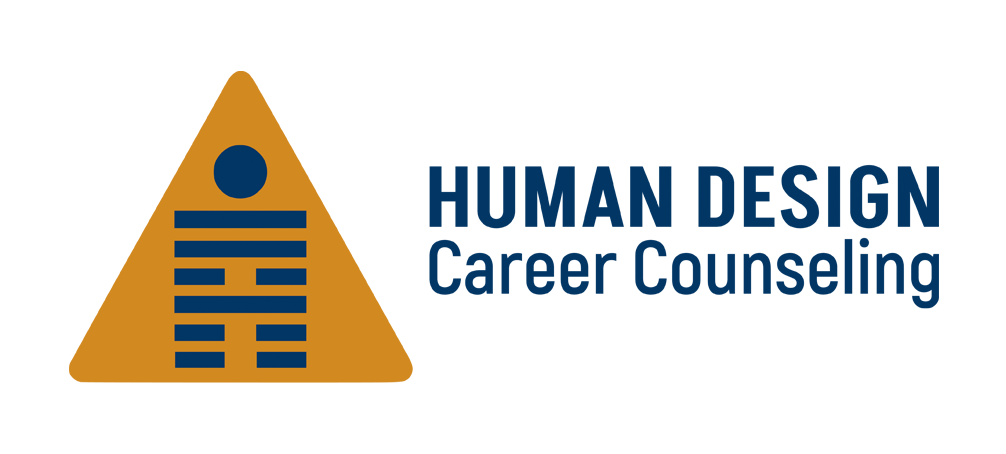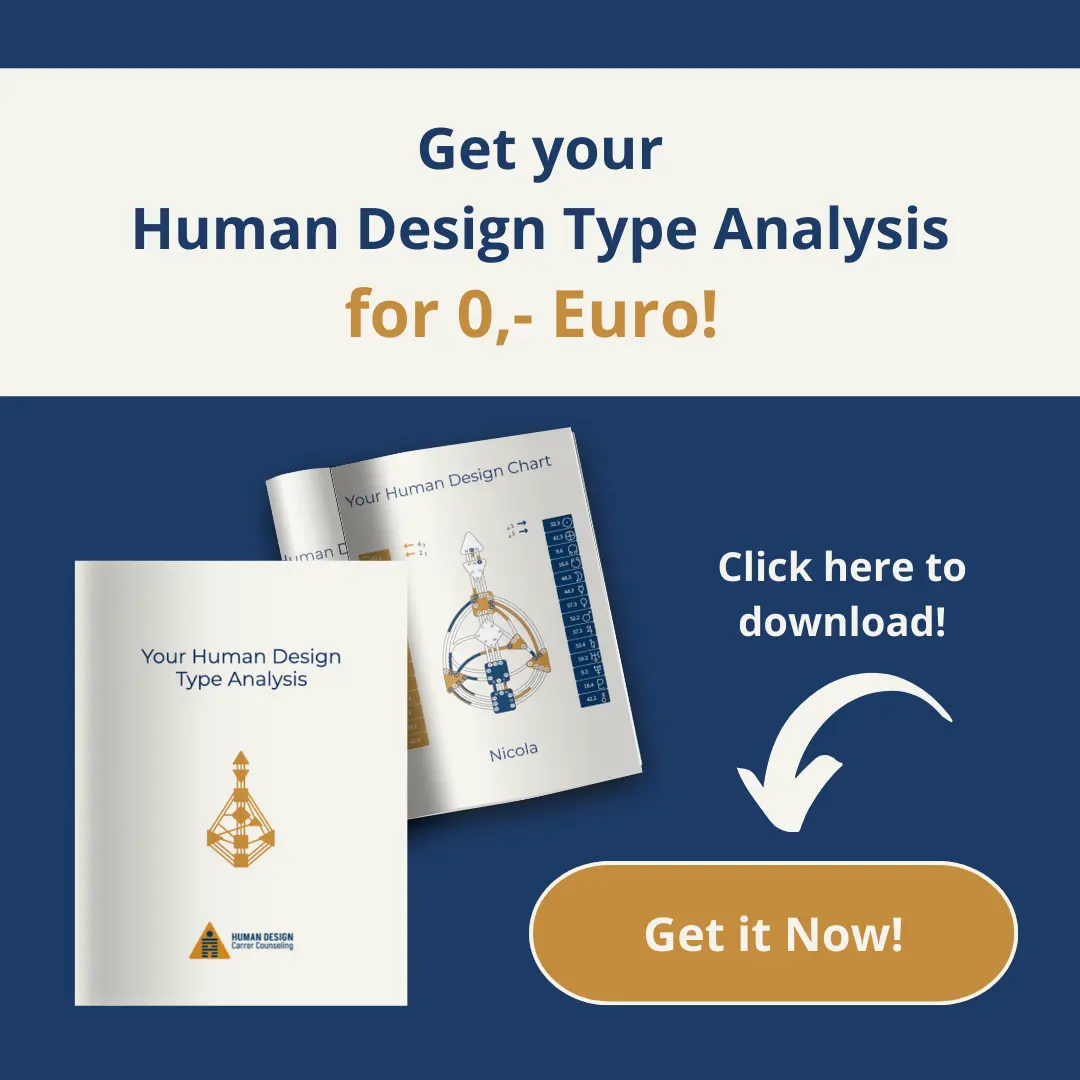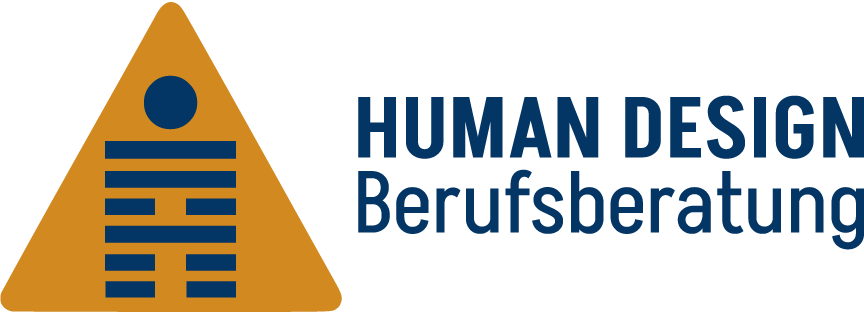“Human Design cult” – this search term is appearing more and more frequently. At the same time, the system for personality analysis is booming worldwide. Comments like “Human Design is annoying” show growing skepticism. So what’s behind this contradiction? This article presents seven well-founded facts that help you assess for yourself whether Human Design exhibits cult-like structures or whether it is a legitimate tool for self-reflection.
The truth usually lies somewhere between euphoria and rejection. Let’s take a closer look together.
Why is Human Design so polarizing?
Human Design evokes strong emotions, ranging from enthusiastic approval to sharp criticism. The system combines astrology, the I Ching, Kabbalah, and chakra teachings into a complex personality map. This exact mix makes it fascinating for some and suspicious for others.
Many people are also looking for orientation in their lives. Human Design promises exactly that. It is about gaining clarity about your own nature, decision-making, and interpersonal dynamics. But where needs are great, there is also room for misuse. That’s why a critical perspective is worthwhile.
The spiritual scene has its shadow sides – this is widely known. Not every offering is truly empowering. Some coaching systems foster dependency rather than autonomy. With Human Design, it is important to take a closer look. Where are the boundaries between an inspiring tool and manipulative practices?
What defines a cult?
A cult is defined by specific characteristics that psychologists and sociologists clearly describe. Charismatic leader figures are at the center. They claim to hold absolute truth. Members are expected to give up critical thinking.
Cults also create closed systems. They separate themselves more or less strongly from the outside world and label others as enemies or the uninformed. Fear and guilt are used as mechanisms of control. Anyone who doubts is punished—through exclusion, contempt, or emotional pressure.
Central power structures shape the lives of followers. A leader or a small inner circle controls information, finances, and relationships. Manipulation replaces free decision-making.
Isolation plays a key role. Cults often detach people from family, friends, and previous values. They construct a parallel world with their own rules. Outsiders are seen as dangerous or ignorant.
Financial exploitation is often part of the system. Members pay high fees, donate their wealth, or work without appropriate compensation. The group justifies this with “higher” goals.

Who is behind Human Design?
Ra Uru Hu introduced the system to the world in 1987 after a mystical experience in Ibiza. The Canadian-born Alan Robert Krakower described an eight-day revelation during which he received the Human Design system. This origin story appears authentic to some and constructed to others.
Ra Uru Hu saw himself as a messenger, not a guru. He always emphasised that people should test the system for themselves. The focus was not on blind obedience, but on experimentation and experience. After his death in 2011, no central successor structure developed.
Today, there is no central Human Design organization with absolute authority. Different schools, trainers, and consultants work independently. Some follow the original teaching more strictly, others interpret it more freely. This decentralization fundamentally distinguishes Human Design from classic cult structures.
International associations such as the IHDS (International Human Design School) offer training programs. They do not claim exclusive rights. They may wish to, of course – Ra Uru Hu did emphasize accessibility. The idea was that Human Design should be available to everyone.
Does Human Design fulfill typical cult criteria?
Let’s examine the classic characteristics systematically.
Is there a central leader who demands absolute devotion? No. Ra Uru Hu has passed away and is not worshipped as an infallible prophet. His teaching is open to discussion.
Isolation from outsiders? Quite the opposite. Human Design encourages you to test the system in your normal life. With family, friends, at work. No isolation, no parallel world. You are meant to integrate the insights, not withdraw from reality.
Fear and guilt as control mechanisms? Not applicable. The system works with neutral descriptions of energetic patterns. No type is better or worse. There is no punishment for doubt or rejection. You can step away at any time – without consequences.
Financial structures viewed transparently
Human Design Readings or written Human Design Courses cost money. Of course, that alone does not constitute a cult. The crucial question is: Is there coercion? Are people being bled dry financially? Are there consequences for refusing to pay?
Most Human Design offerings function like normal coaching or consulting services. You purchase a service and either use it or not. No compulsory fees, no pressured donations, no lifelong commitment. Free basic information is widely available online.
Of course, there are bad actors. Some providers may charge unreasonable prices or encourage dependency. My clients have told me some wild stories about being taken advantage of. That is about individuals, not the system itself. Just like in any industry, there are serious and less serious practitioners.
My guiding principle is to offer my services with a clear conscience. This applies not only to my paid offerings, but also to the free information you receive from me here.
How does genuine coaching differ from manipulation?
Good coaching leads you into self-responsibility. It provides tools, perspectives, and impulses, and then it lets you go. Your autonomy grows. You make your own decisions more confidently.
Manipulation creates dependency. It undermines independence. The coach becomes an indispensable authority. Without them you feel lost. That is the opposite of empowerment. Human Design should empower, not bind. A serious advisor explains the system, helps you understand your chart, and gives impulses for experimentation. After that, it is your responsibility. You live your life, gain your own experience. No endless sessions, no emotional dependence.
So recognize the warning signs and pay attention to these signals. Does someone demand that you trust only them? Do they claim that all other (Human Design) approaches are wrong? Do they promise quick solutions for every life problem? Then be cautious.
Serious work emphasizes process instead of perfection. It encourages critical thinking. It respects your pace and your boundaries. You are allowed to question, pause, or stop altogether. Without guilt.
How does genuine coaching differ from manipulation?
Good coaching leads you into self-responsibility. It provides tools, perspectives, and impulses, and then it lets you go. Your autonomy grows. You make your own decisions more confidently.
Manipulation creates dependency. It undermines independence. The coach becomes an indispensable authority. Without them you feel lost. That is the opposite of empowerment. Human Design should empower, not bind. A serious advisor explains the system, helps you understand your chart, and gives impulses for experimentation. After that, it is your responsibility. You live your life, gain your own experience. No endless sessions, no emotional dependence.
So recognize the warning signs and pay attention to these signals. Does someone demand that you trust only them? Do they claim that all other (Human Design) approaches are wrong? Do they promise quick solutions for every life problem? Then be cautious.
Serious work emphasizes process instead of perfection. It encourages critical thinking. It respects your pace and your boundaries. You are allowed to question, pause, or stop altogether. Without guilt.
What legitimate criticism exists regarding the Human Design system?
There is a lack of scientific evidence. Human Design is not based on empirical research. It combines various spiritual systems into a new synthesis. For people who think purely rationally, this can feel unsatisfactory.
The complexity can be overwhelming. Charts with gates, channels, centers, and profiles can appear technical and confusing. Some people get lost in details instead of focusing on practical application. In those cases, having a competent sparring partner at your side can be helpful.
There is potential for misuse. Like any psychological or spiritual tool, Human Design can be used for manipulation. People in vulnerable phases are especially susceptible. Unprofessional providers may take advantage of this. You can learn more about this in our article on Human Design criticism.
What makes Human Design a legitimate tool?
The essence lies in self-observation. Human Design offers a framework for recognizing your own patterns. It categorizes, structures, and brings awareness. That can be valuable, regardless of its spiritual origin.
Many of my clients report practical benefits. They make decisions more easily. They understand conflicts better. And most importantly: They (re)discover their strengths and accept their individuality. These are real effects, even if the cause is not scientifically proven.
The experimental approach is convincing. Ra Uru Hu himself said: “Don’t believe me, test it.” You are not asked to believe, but to experience. This principle fundamentally opposes cult-like logic.
Use Human Design as a map, not as a dogma. It shows possible paths, but you decide. No predictions, no fate constraints. Just potentials and tendencies. I like to combine it with established methods from my coaching practice. For me, this tool expands my toolbox rather than replacing anything else.
Your own path: Orientation without dependency
Evaluate every offering critically. Ask questions. Demand transparency. Serious Human Design practitioners answer openly. They do not pressure you, promise miracles, or invalidate your doubts.
Trust your intuition. Do you feel pressured? Are guilt tactics being used? Does it cost disproportionately much? Then leave. Human Design itself is not to blame if some people misuse it.
The responsibility lies with you. No system, no teaching, no coach can take over your own decision-making. Human Design provides impulses. What you do with them is up to you.
Feel free to share your practical experiences with Human Design and possibly with advisors/coaches in the comments. 👇🏼 I would love to hear from you.
FAQ: Questions about the Human Design Cult
Is Human Design similar to a cult?
Human Design is often misunderstood and sometimes labelled as a cult. However, it is not a religious or sectarian system, but a tool for self-discovery that combines elements from various disciplines such as astrology, I Ching, Kabbalah and chakra teachings. It aims to provide individuals with a deeper understanding of their personality and potential.
What distinguishes Human Design from a cult?
In contrast to cults, which are often characterised by strict belief systems, hierarchical structures and control by a charismatic leader, Human Design offers a system of self-reflection without dogmatic guidelines. It encourages individuals to take responsibility for their Human Design Chart and explore their uniqueness.
Why is there sometimes talk of a human design cult?
Human Design can sometimes be misunderstood due to the passion of its proponents. The use of symbols and specific terms may appear unusual to outsiders. However, it is important to emphasise that Human Design is a tool for personal development and is not cultish in nature.






0 Comments